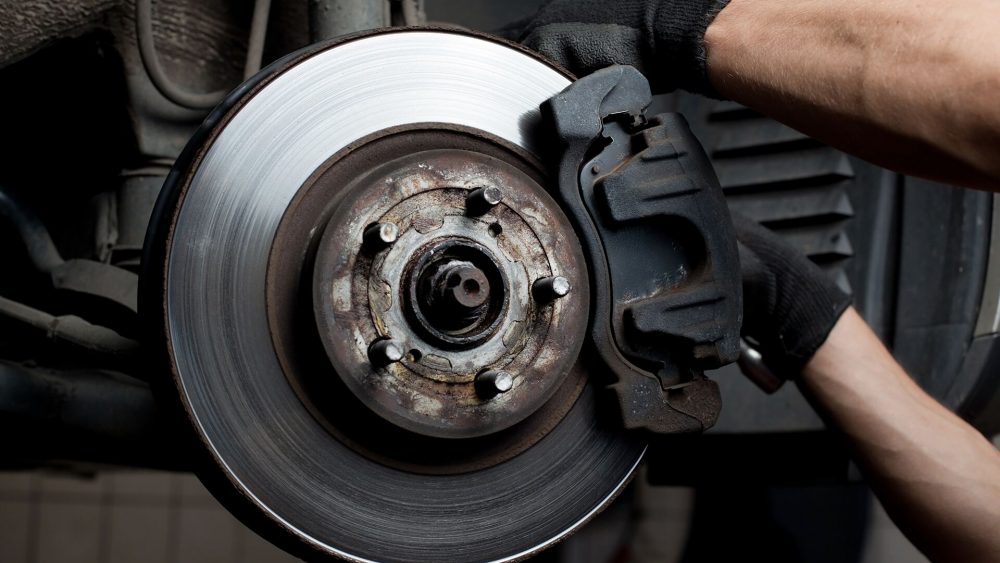A manual transmission is a true obsession for many automobile enthusiasts. The excitement of clutching down and changing ratios is something that an automated gearbox just cannot match. Although it is made to be strong and long-lasting, your clutch does include a wearable component. Uninitiated drivers may see a clutch pedal to the left of the brake in a car with a conventional gearbox. To change the gears on the car, the driver must depress the clutch.
The clutch in your automobile serves a variety of functions. In order to shift gears, you must halt the driving shaft’s power transfer. It keeps the engine from stalling out when moving slowly while in gear. Finally, it serves as a brake to slow the automobile down while the engine is braking. The clutch system requires careful handling and precise use because it is responsible for so many essential functions. So, in this BLOG, we will look at some straightforward advice and methods for extending the life of an automobile clutch.
Keep Your Foot Off the Clutch at All Times
The poor habit of resting one’s foot on the clutch pedal is widespread. This is an extremely terrible habit since even the smallest effort will start to squeeze the pressure plates. As a result, some of the friction plates will come into contact, resulting in unneeded wear and strain. Therefore, never use the clutch as a footrest when using it. Always keep the clutch pedal fully depressed or unpressed at all times.
Never use the brake and clutch at the same time to slow down.
Again, a typical poor behaviour that individuals have is to simultaneously depress the clutch and brake pedals when braking. In addition to using the clutch unnecessarily, you are also losing a lot of braking power by shifting the load off of the engine. Therefore, only apply the clutch while changing gears if you plan to slow down. Maintaining clutch pressure after braking may slow down your rate of deceleration and lead to an accident.
Use the Handbrake on Inclines Not the Clutch
What do you do if you are standing still on an incline and want to move forward? Although difficult, this scenario is readily resolvable. It is crucial to bear in mind that you should not use the clutch’s force to maintain the car’s position. By doing so, you put a lot of strain on the clutch and will not have enough fuel left to drive forward without jerks. Instead, apply the handbrake and release the brake pedal. Then gently release the clutch and handbrake while raising the throttle at the same time as you slightly raise the RPM. With sufficient practise, you will be able to use this approach naturally, despite its complexity.
Race launches are entertaining but harmful as well
Building up the RPM and dropping the clutch is really entertaining, the temptation is unbearable if you have a passably sporty automobile, excellent driving skills, and you are the only one waiting at a red light with an empty road in front of you. Unfortunately, launching the car puts a lot of stress on the clutch despite how much fun it is.
First off, pushing the clutch all the way down to 4000-5000 RPMs causes considerable damage to the clutch system as a whole. The pressure plates and the input shaft leading to the gears are both damaged as a result of the sudden release of all that force. Keep the RPM as low as you can above the stalling point whenever going from a signal. Remove your foot off the clutch gradually and not in a hurry.
Avoid Engine Braking
The last piece of advice on how to make a car clutch endure a long time addresses the contentious subject of engine braking. It is common practise to employ engine brakes to slow down vehicles. Although it can be useful in a variety of circumstances, it can seriously shorten the life of the clutch. Engine braking will wear out the clutch unless it is done correctly with the appropriate degree of rev matching.
On motorbikes, it is more useful, but in vehicles, the weight of the kerb plus the braking power of all four wheels are sufficient to slow you down. In some circumstances, engine braking is an option. For instance, you can employ engine braking if you are travelling downhill and believe that using your brakes could lead you to skid out. However, on typical roads, try to rely more on your brakes. Remember that brake pads are far less expensive than complete clutch assemblies.
Why not bring your car to Smart Mechanics, Car mechanics in Hertfordshire, Essex, Bishops Stortford, or Stansted. We will take diligent care of your car and do it at an affordable price too? Book your appointment today!


